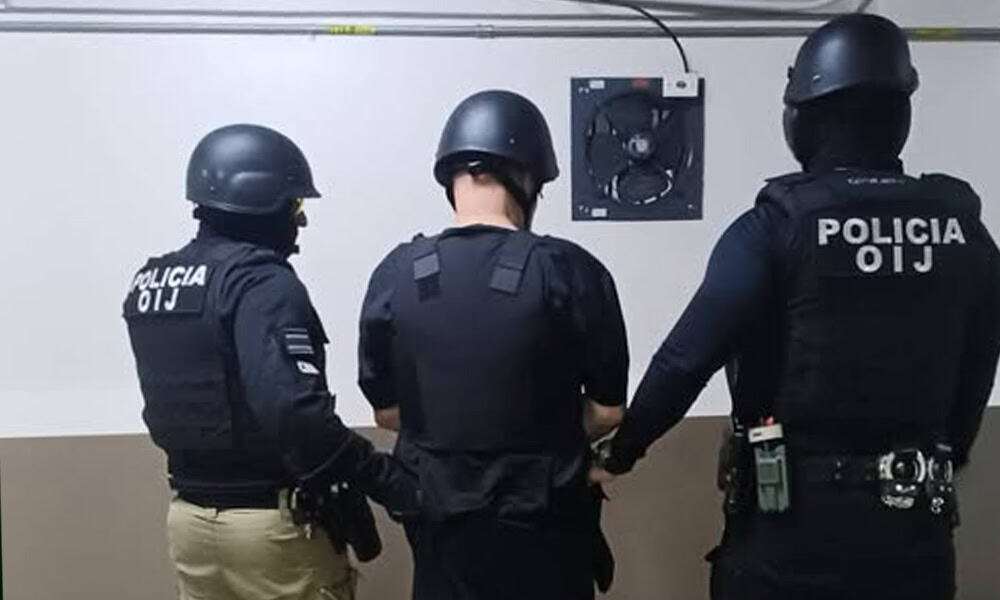Federal authorities in New York have formally asked Costa Rica to hand over Gilberth Bell Fernández, a 62-year-old man known as “Macho Coca,” to stand trial on charges of running an international cocaine operation. The request marks a key step in U.S. efforts to dismantle networks that move drugs from Central America northward.
The U.S. District Court for the Southern District of New York filed the extradition papers, which Costa Rican officials confirmed on Wednesday. Prosecutors there accuse Bell of heading a group that stored and shipped large amounts of cocaine from Costa Rica to the United States between March 2022 and August 2023. Court documents detail how Bell allegedly dealt directly with undercover DEA agents, selling them a drug sample and discussing plans to send 700 kilograms of cocaine to New York.
Costa Rica’s Attorney General’s Office announced the development in a statement, noting close work between the Public Ministry, the Judicial Investigation Agency (OIJ), and the U.S. Drug Enforcement Administration (DEA). As part of the process, authorities requested Bell’s provisional detention through the Criminal Court of the First Judicial Circuit in San José. Bell remains in custody here, held on separate charges tied to a fuel theft ring.
In Costa Rica, Bell faces no active drug trafficking case, despite the U.S. allegations. Instead, investigators link him to a criminal outfit that siphoned fuel from ships docking at the Moín port in Limón. OIJ reports describe how the group tapped into transfer hoses, stealing enough to fill five tanker trucks per vessel. This scheme reportedly brought in about ₡400 million – roughly $740,000 – each month.
Bell’s troubles with U.S. authorities go back further. In November 2023, the U.S. Treasury Department’s Office of Foreign Assets Control (OFAC) placed him on its sanctions list, the first Costa Rican to earn that spot.
The move freezes any assets he holds in the U.S. and bars American citizens or firms from dealing with him. It also cuts him off from much of the international banking system. OFAC targets people and groups involved in drug trade, terrorism, money laundering, and similar crimes.
Others from Costa Rica have since joined the list, including former Public Security Minister Celso Gamboa, Alejandro Arias (alias “Diablo”), Alejandro James (alias “Turesky”), and Edwin López (alias “Pecho de Rata”). Bell, based in Limón, stands out as a major player in the region’s cocaine flow, according to U.S. officials who call him one of the area’s top traffickers.
The extradition push comes amid growing concerns over Costa Rica’s role in global drug routes. Limón, with its busy ports, has become a transit point for shipments heading to North America and Europe. Local law enforcement has stepped up raids, but cross-border cases like this highlight the need for tighter international ties.
Bell’s case now moves to Costa Rican courts, where judges will review the U.S. evidence and decide on his transfer. If approved, he would face federal charges in New York, potentially leading to a long prison term. For now, he stays behind bars in Costa Rica, awaiting the next legal turn.






